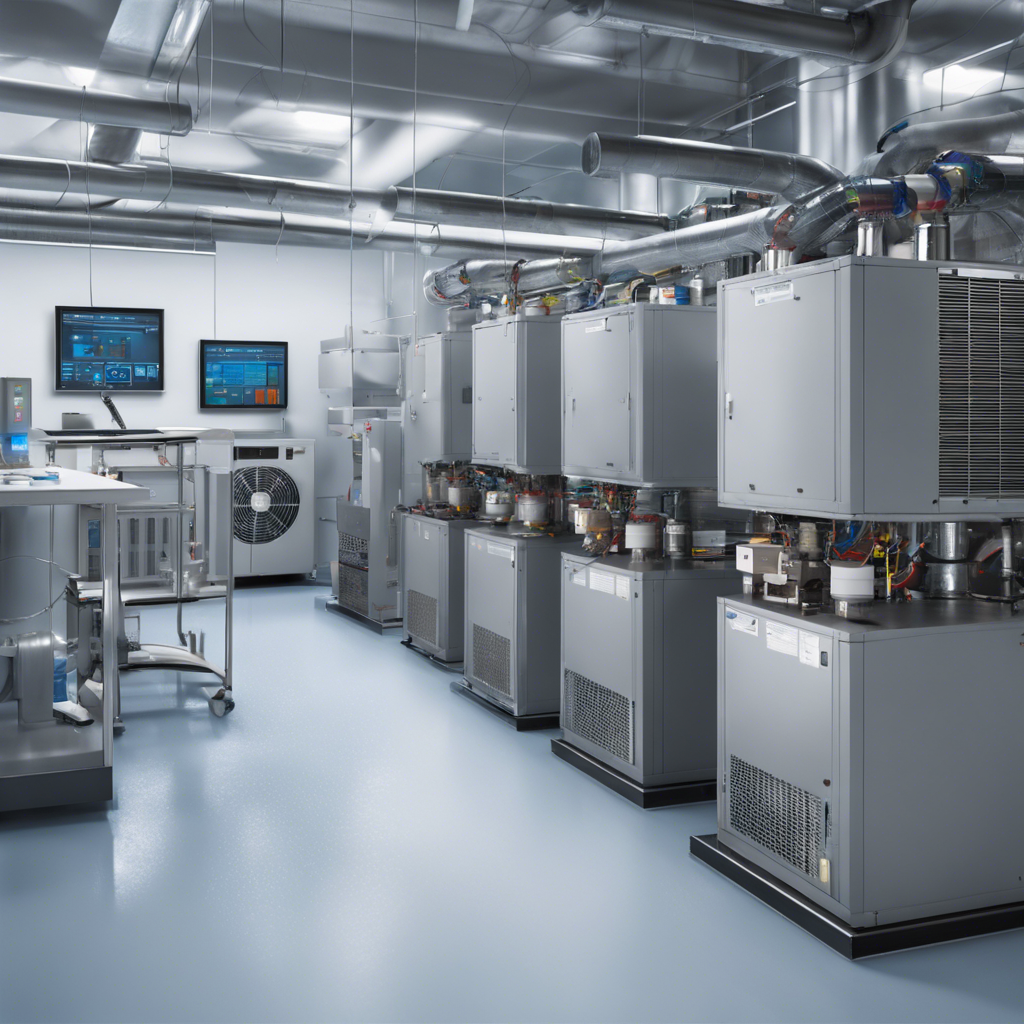
A study from the University of Maryland suggests that deep learning, a sophisticated form of artificial intelligence (AI), could significantly reduce energy consumption in future heating, ventilation, and air conditioning (HVAC) systems. The research, conducted at UMD’s Center for Environmental Energy Engineering (CEEE), focused on the impact of AI on predicting power use in a variable refrigerant flow (VRF) system. This particular HVAC technology, featuring an outdoor and several indoor units, was tested in Glenn L. Martin Hall. Their findings will be published online in the January 2025 issue of the International Journal of Refrigeration. HVAC systems account for about half of a building's electricity use, and optimizing a VRF system's control hinges upon accurate power consumption predictions. The UMD researchers evaluated two AI models: the traditional Artificial Neural Network (ANN) and the newer, data-intensive Long-Short-Term Memory (LSTM) model.
Both analyze data to recognize patterns and make predictions, but LSTM requires more data. Unexpectedly, the LSTM model not only predicted power consumption more accurately but also demanded less computing power and memory than ANN. According to Po-Ching Hsu, a mechanical engineering graduate student and lead author, the ANN model attempts to boost accuracy by constructing a more complex model during the optimization process but still falls short compared to the LSTM. Co-authors include Lei Gao Ph. D. ’22, now at Oak Ridge National Laboratory, and Yunho Hwang, a mechanical engineering research professor and CEEE Co-director. Although the LSTM model's application in HVAC technology is still being explored, this study indicates it might significantly enhance energy efficiency. The LSTM model was developed using a year's worth of data. Hsu added, “The challenge now is to determine if we can achieve the same accuracy with just a few days or weeks of data. ”
AI Breakthrough: Deep Learning to Revolutionize HVAC Energy Efficiency


British advertising giant WPP is launching WPP Open Pro, a self-serve, AI-driven marketing platform that allows marketers to independently build campaigns, create creative assets, and activate them with AI assistance.

Law enforcement agencies and security firms worldwide are increasingly implementing advanced Artificial Intelligence (AI) video surveillance systems to improve the monitoring of public spaces.

In an era where technology is transforming content creation and social media management, Hallakate introduces new training tailored to this modern landscape: AI SMM.

Oracle has introduced advanced AI agents within its Fusion Cloud Sales platform to revolutionize the sales process by enhancing efficiency and enabling sales teams to concentrate on building meaningful customer relationships.

Digital Silk, a prominent digital marketing agency in the United States specializing in web development and SEO strategy, has announced a thorough review of the recent changes Google has introduced regarding AI-generated content overviews.

OpenAI has recently completed a remarkable $6.6 billion share sale, boosting the company’s valuation to an extraordinary $500 billion.

Scrolling through the Sora app feels like entering a surreal multiverse where absurd and hyperreal short videos abound: Michael Jackson performing standup, the Predator alien flipping burgers, a moose crashing through a glass door, and Queen Elizabeth diving off a pub table.
Launch your AI-powered team to automate Marketing, Sales & Growth

and get clients on autopilot — from social media and search engines. No ads needed
Begin getting your first leads today